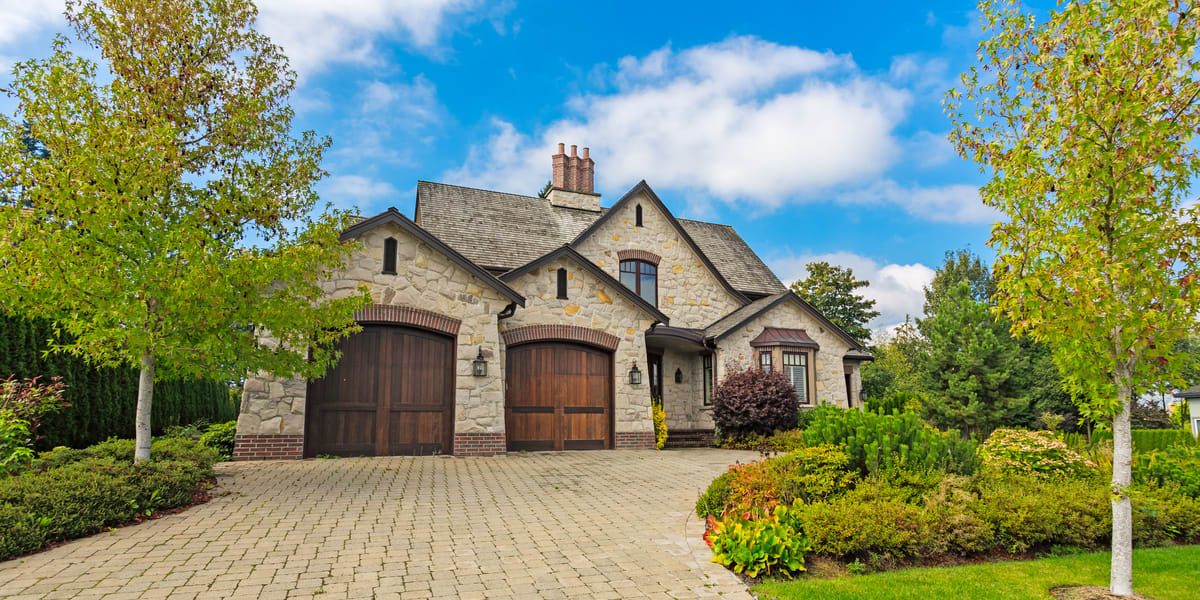
Buying a home is one of biggest financial decisions you'll ever make, regardless of what it costs and how much money you earn. But if you have an ample, steady income, you might be a candidate for a big mortgage that will afford you a luxury home or one in a highly desirable area. Some of the biggest mortgages are known as jumbo loans and they require special care on the part of lenders and home buyers.
The term jumbo loan, or jumbo mortgage, has a different specific meaning in each local housing market. The amount of money a loan must represent to fall into the jumbo loan category is known as the conforming limit. The Federal Housing Authority, or FHA, is responsible for setting conforming limits for each region. In areas where home values are high, a jumbo loan must be for a larger amount than a loan in a smaller market where the same property would require a smaller mortgage. In general, jumbo loan conforming limits fall into the $400,000 to $800,000 range, according to Bankrate.
Before you start shopping for a jumbo mortgage you should familiarize yourself with some of the key differences between jumbo and regular loans. Almost all jumbo mortgages have adjustable interest rates, which means you won't be able to simply compare interest rates and choose the lowest one for the best deal. You'll also need to provide proof of income for several years to show that you have the resources to pay off such a large mortgage. Finally, as a rule, your monthly payment should be less than 38 percent of your pre-tax income, according to Bankrate. Do some quick math while gathering your pay stubs and old tax returns to set this limit and keep it in the back of your mind throughout the shopping process.
As with any type of mortgage loan, you should compare jumbo loan offers from multiple lenders before making a decision. However, this can be more complex than getting a smaller mortgage. Adjustable interest rates play a key role. For example, a 7/1 loan term gives you seven years at the initial interest rate before the lender can raise the rate once a year. With a 5/1 loan the lender can raise the rate once a year after an initial five-year period. This means that even if the initial rate is lower on a 5/1 loan, the fact that the rate can go up sooner might make it cost more than a 7/1 loan in the end. Jumbo loans will also have different maximum interest rate caps that you'll need to consider. If you can't afford the monthly payment at the maximum rate, your safest move is to find a different jumbo loan or borrow less money.
Because you're responsible for paying off a higher principal than you would be with a smaller mortgage, a jumbo loan puts extra pressure on you to maintain your home's value and make your payments on time. A large down payment of at least 20 percent of your home's cost will help keep your jumbo mortgage payments at a reasonable level. It will also ensure that you can maintain equity in your home even if its value falls with shifts in your local housing market. Monitor bank interest rates to anticipate shifts in your interest rate.